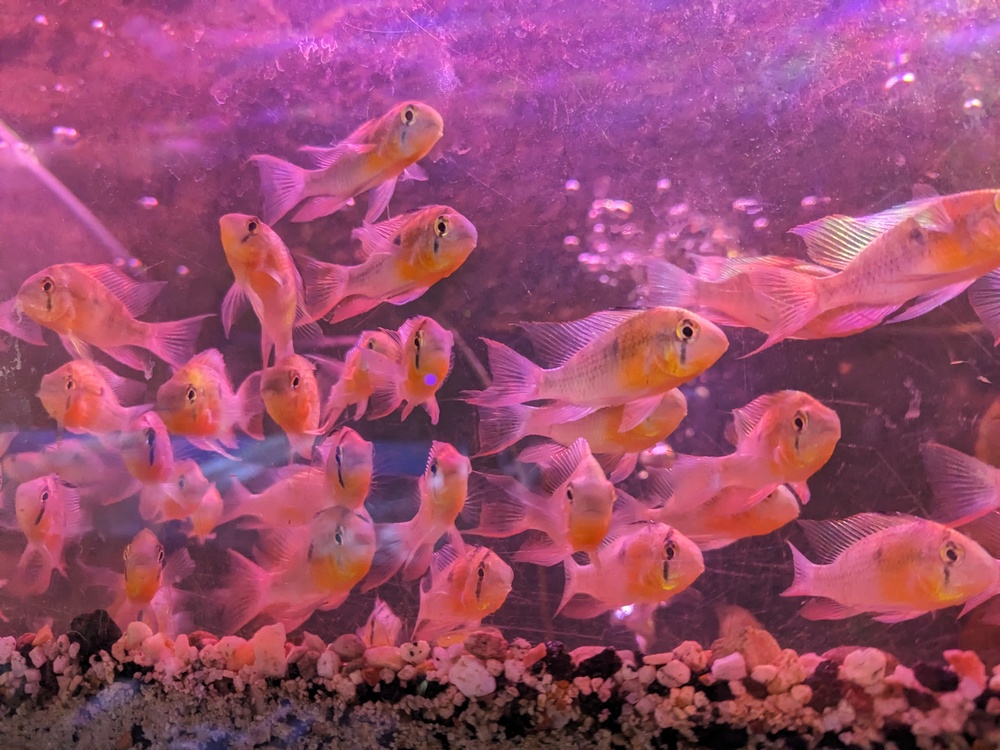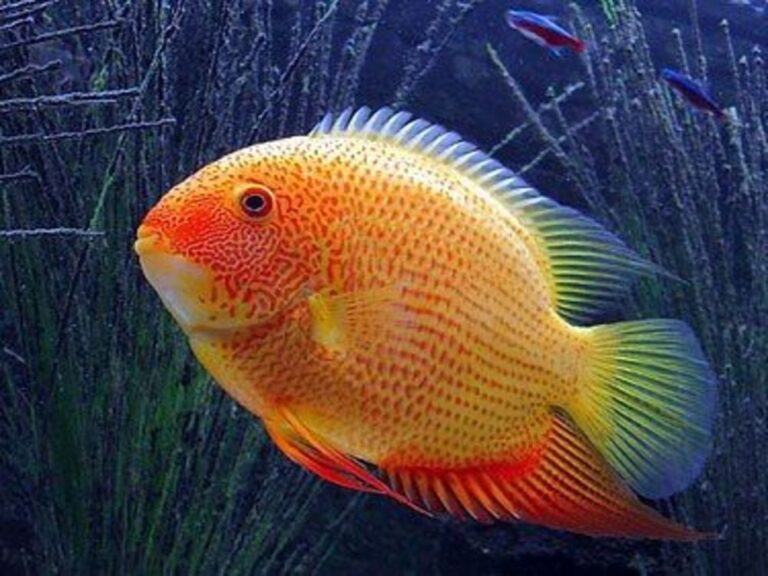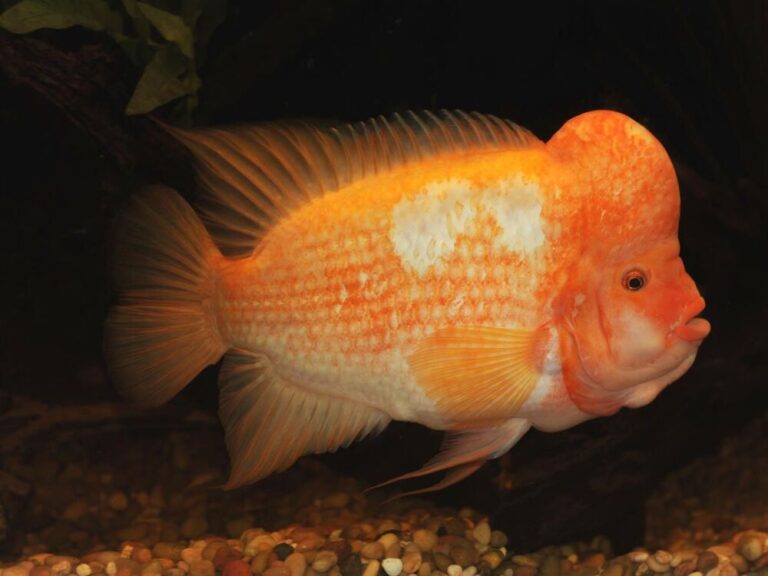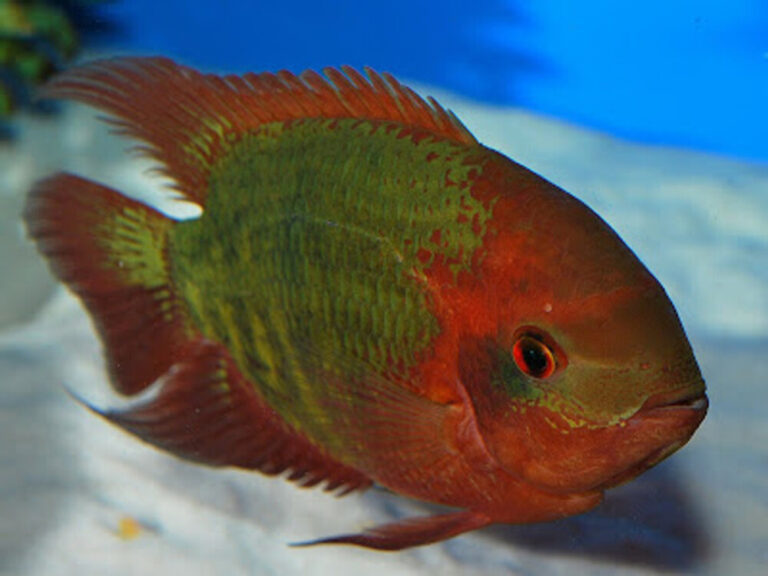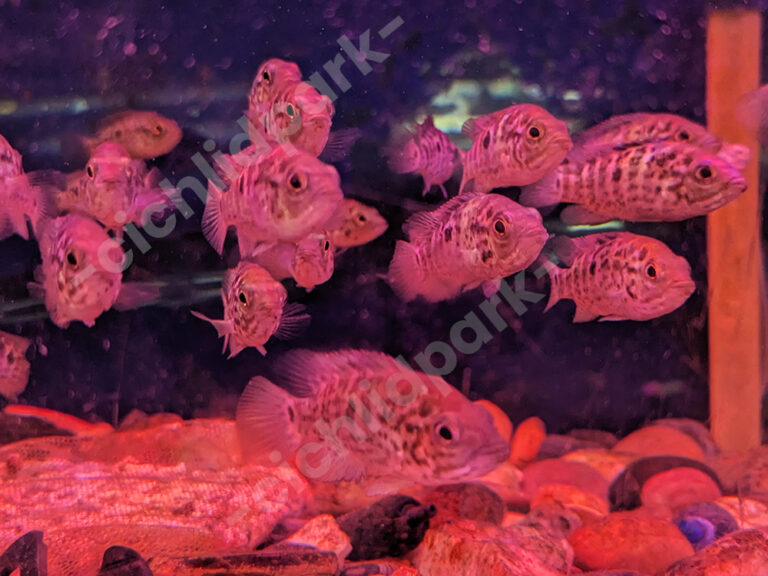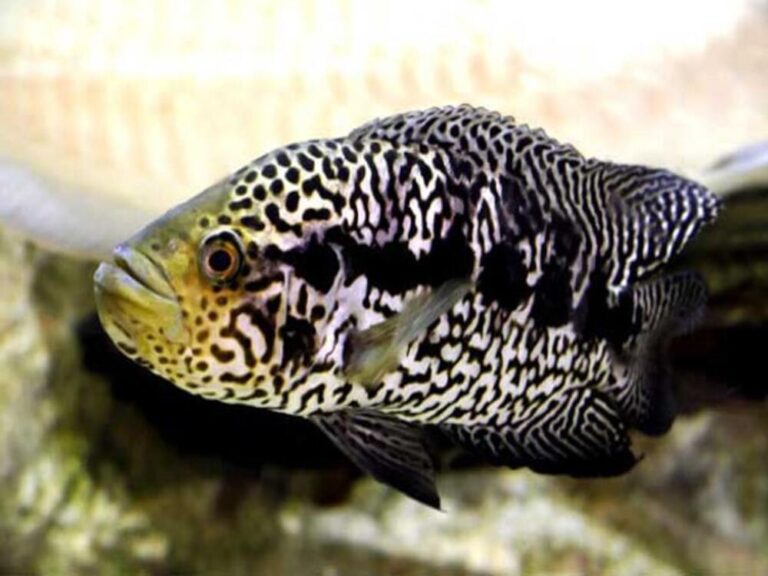The Albino Heckelii, a compelling and unusual variety of the popular Heckelii cichlid (Acarichthys heckelii), has become a prized possession among fish fans. This rare mutation has won the hearts of aquarium keepers all over the world with its fascinating colouring, which includes bright pink eyes and a creamy-white body. We will dig into the captivating world of Albino Heckelii cichlids in this extensive 2000-word study, exploring their origin, genetic traits, behavior, acceptable aquarium setups, feeding requirements, and the responsible approach to breeding and caring for these aquatic treasures.
A Spiritual Transformation
The Albino Heckelii cichlid is the consequence of an enthralling genetic mutation that gives the fish a unique and appealing appearance. These cichlids stand out like living diamonds in any aquarium, with their pink or crimson eyes and pale-white bodies.
Genetic Ancestry
Understanding the genetic history of Albino Heckelii is essential for recognizing its rarity and uniqueness. This color mutation arises from certain recessive genes in the offspring of the original Heckelii cichlid, resulting in the absence of melanin pigment.
Temperament and behavior
Albino Heckelii cichlids behave similarly to their non-albino cousins. These gregarious and intelligent fish flourish in groups, but they need appropriate tank mates and plenty of space to show their territorial impulses.
Tank setup for Albino Heckelii
It is critical to provide a suitable environment for Albino Heckelii in order to ensure their well-being and brilliant coloration. A large tank with a minimum size of 75 gallons, thickly vegetated sections, and smooth rocks as potential spawning places are all essential components of a healthy aquarium setup.
Water Quality and Filtration
The health of Albino Heckelii cichlids depends on maintaining immaculate water quality. Consistent water parameters, such as a temperature range of 82°F to 86°F (28°C to 30°C) and a pH level of 6.0 to 7.0, aid in replicating their natural environment.
Feeding the Albino Heckelii
A nutritious and well-balanced food is essential for improving the color and overall health of Albino Heckelii cichlids. Cichlid pellets of high quality, supplemented with live or frozen feeds such as brine shrimp, bloodworms, and daphnia, offer appropriate nutrition.
Breeding and Caring
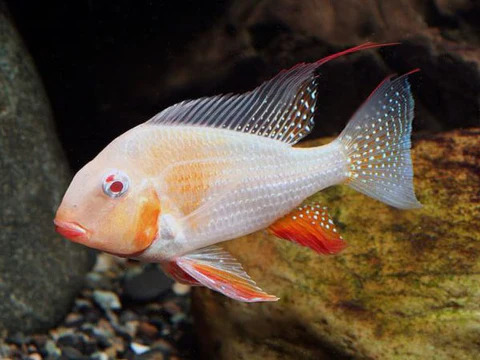
Albino Heckelii cichlid breeding is a rewarding effort, but it takes careful planning and appropriate techniques. A appropriate breeding environment, such as dim lighting and a soft substrate, promotes successful spawning. It is critical for the fry’s proper development to feed them nourishing infusoria and freshly hatched brine shrimp.
Responsible ownership and conservation
While Albino Heckelii cichlids are fascinating, it is important to note that they are the consequence of genetic mutations rather than a distinct species. Responsible breeding procedures, as well as a dedication to preserve wild Heckelii cichlids’ native environment and genetic variety, are essential.
Albino Heckelii in the Aquatic Hobby
Albino Heckelii cichlids are treasured collectibles in the aquatic hobby due to their outstanding beauty and distinctive traits. Enthusiasts are drawn to these hypnotic fish because they demonstrate the glories of nature’s genetic diversity.
Ethical Acquisition and Maintenance
It is critical to obtain Albino Heckelii cichlids from trusted suppliers and to provide sufficient care and attention to them. Educating oneself on the special needs of these aquatic jewels aids to their longevity and pleasure.
Conclusion
The Albino Heckelii cichlid exemplifies the enthralling world of genetic variation in the aquatic domain. These unusual mutations give a touch of magic to any aquarium with their beautiful colors and unique charm. Responsible ownership, ethical breeding, and conservation efforts, on the other hand, are vital to preserving the beauty of Albino Heckelii and their wild counterparts. We can assure the preservation and appreciation of these captivating fish for future generations by embracing the fascination of these aquatic jewels and taking a conscientious approach to their care.

